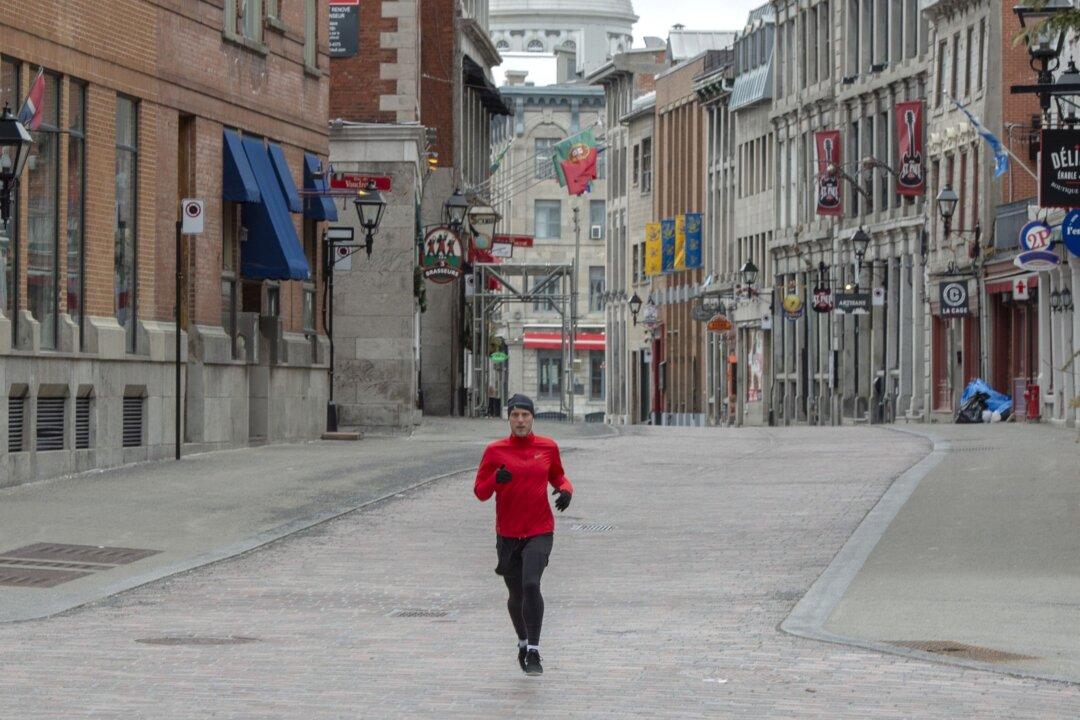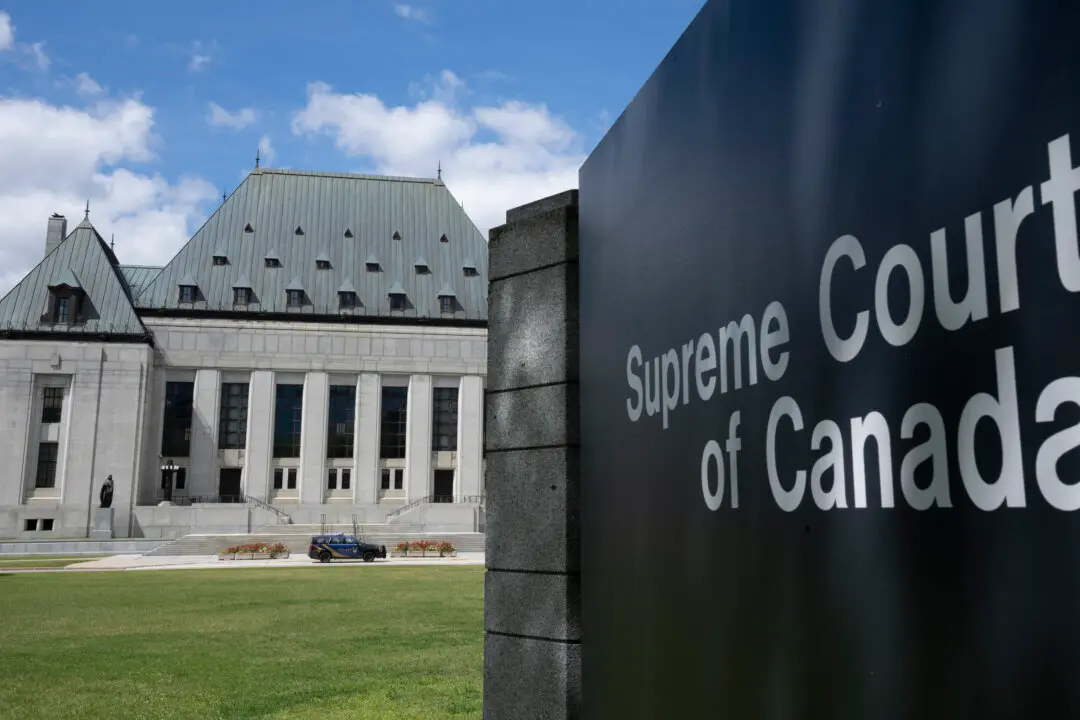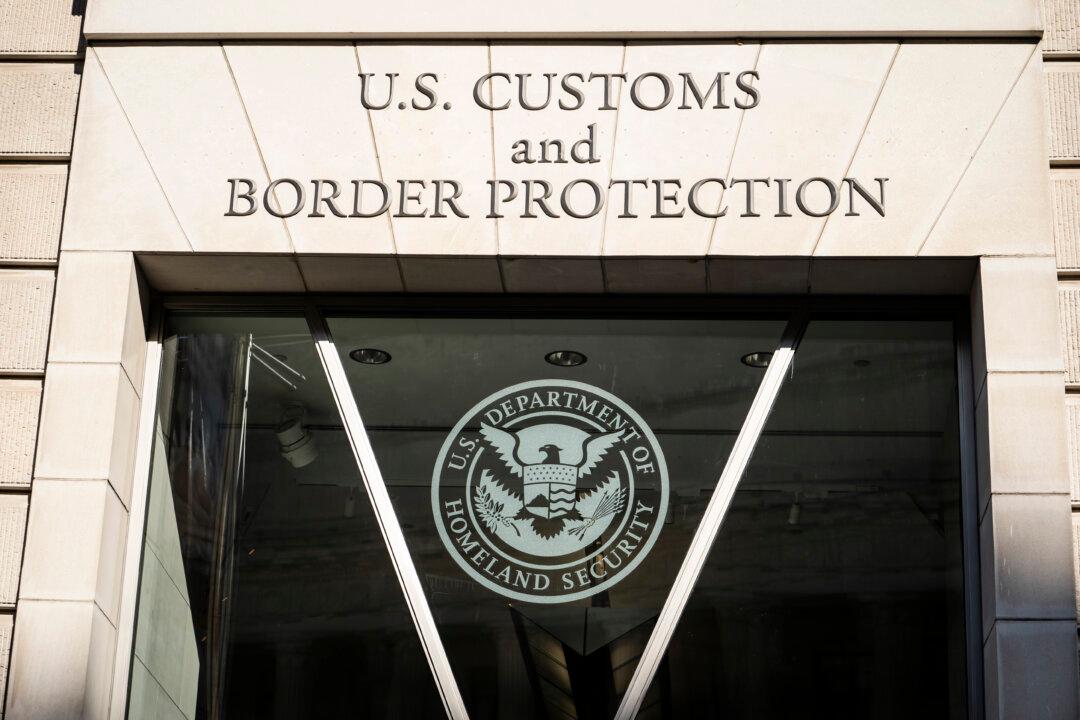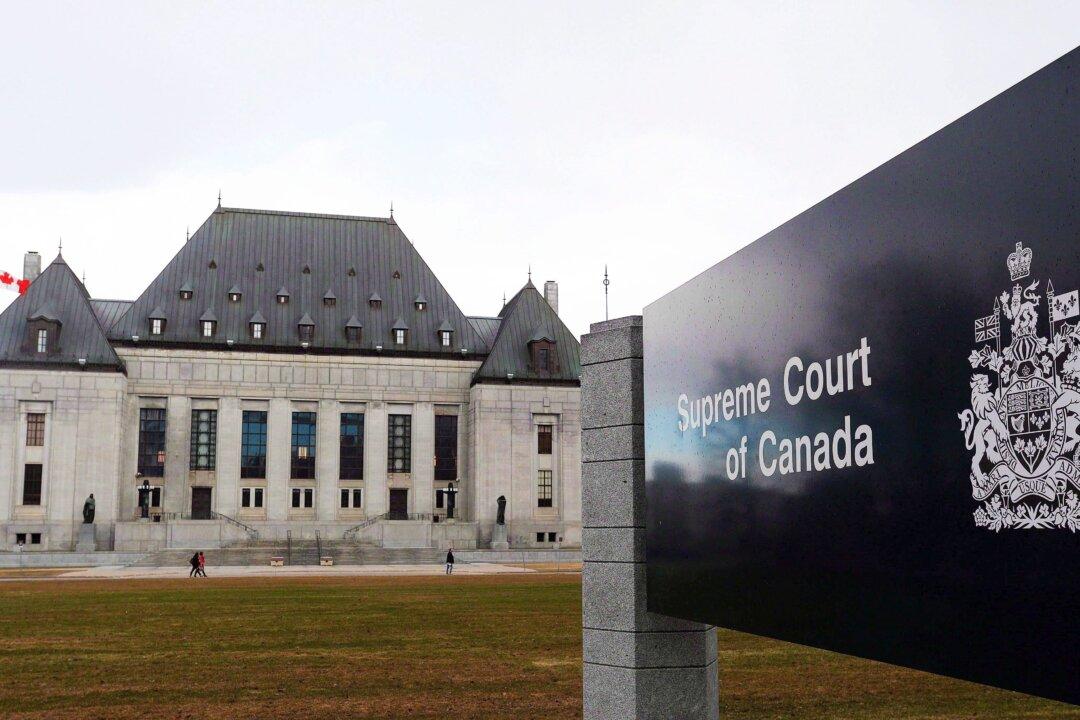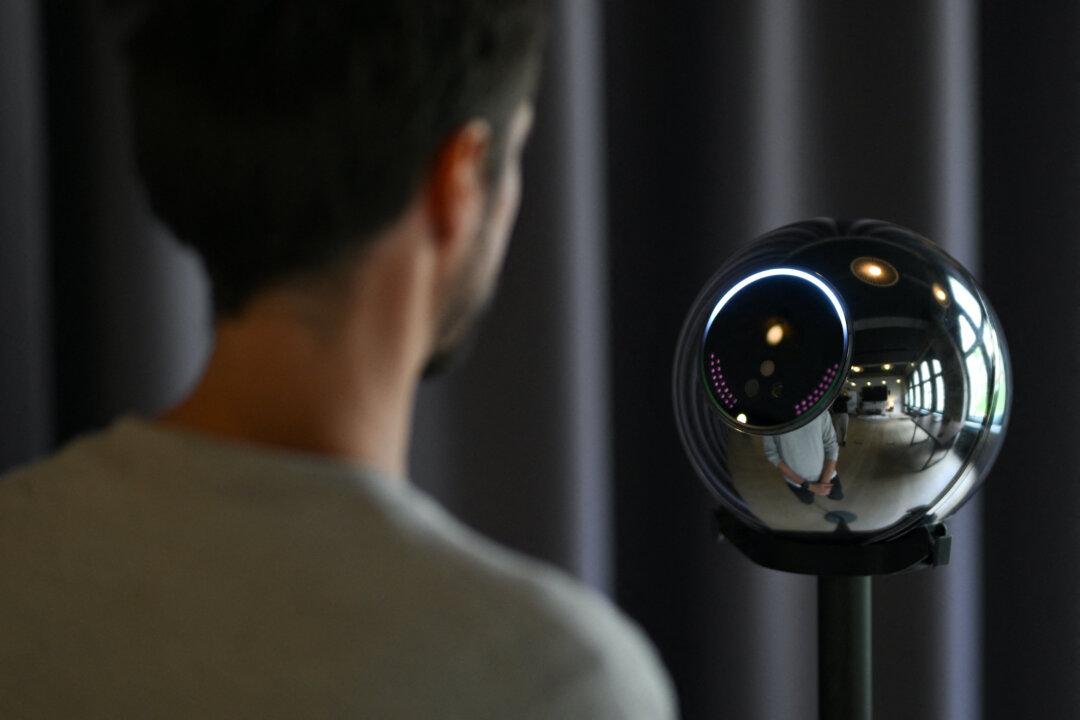Commentary
Editor’s note: COVID lockdowns and restrictions for “two weeks to flatten the curve” began two years ago in late March 2020. At the time, many pundits called it a dangerous mistake, one of whom was law professor Bruce Pardy. Two years later, as restrictions finally begin to ease, the federal government and many workplaces still maintain vaccination mandates. Below are prognostications (edited) from Pardy from April and May 2020.
